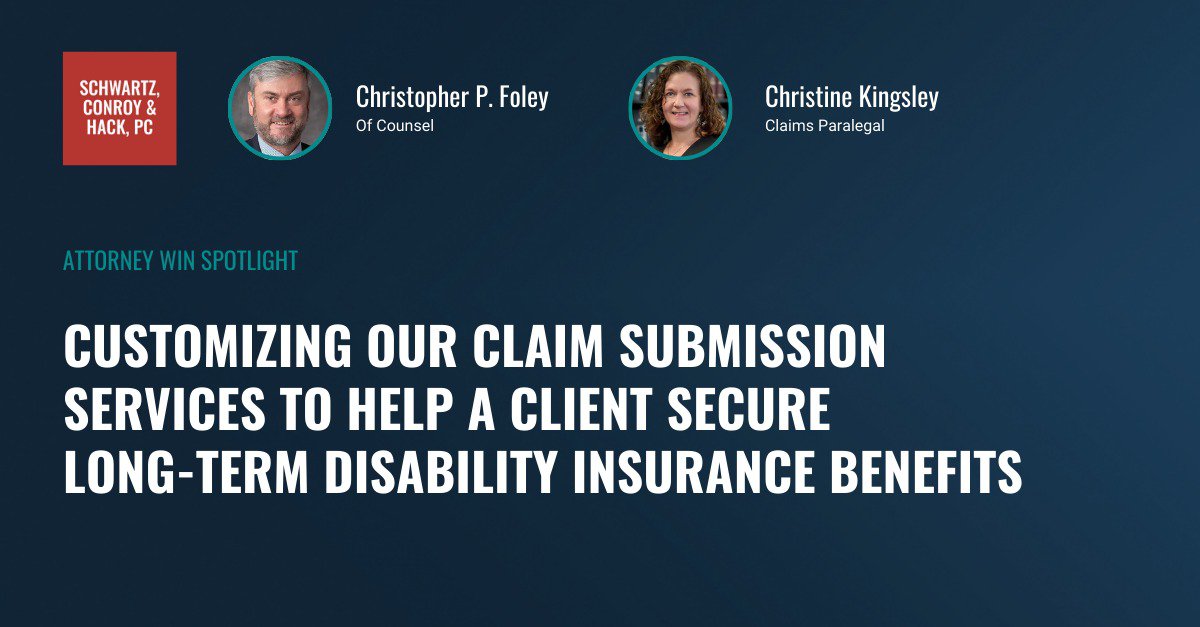{Read in 4:13 minutes}
What does your disability insurance cover in the event you become disabled? Do you understand your policy?
Some of the major features of disability insurance policies that you should be aware of are:
1. Own occupation coverage – This is coverage that will pay you a benefit if you can’t perform the duties of the occupation you’re working in when you become disabled. A lot of people buy these policies but don’t make a claim for 15 years. If their occupation changed from what they were originally insured for, they’re not going to get paid for the old occupation; they’ll only get paid for the occupation they’re working in when they become disabled.
2. Flexibility and portability – An individual policy will stay in force and be flexible and portable with you throughout your work as long as you pay your premiums. By contrast, if you have group coverage, the coverage typically terminates when you leave your employment and can be changed by your employer and insurance company every year.
3. Any occupation definition – Typically, this will pay you benefits if you can’t work in any job for which you’re reasonably fitted by education, training or experience. One significant aspect of this is that you have to be unable to work on a full-time basis. However, this does not mean that if you are an engineer, an insurance company is going to say, “Well, you can flip burgers at McDonald’s, or you can take tickets at a movie theater, and therefore you can work.” It’s based on education, training or experience, so it has to be somewhat comparable to your the type of work you are doing when you become disabled. Quite often, the other jobs have to be comparable in income, according to how much money you were making. As always, read that policy.
4. Residual or partial disability benefit – If you’re able to work part-time, but not all of the time, or you can do some but not all of your former occupational duties, and you have a drop in income, you can get a proportionate amount of your benefit. Many people don’t realize they even have this provision in their policies. It’s very important to know this at the time when a disabling condition starts to affect your ability to perform your job in any way. This provision could impact whether you are entitled to benefits, as well as when and if you should make a claim for benefits.
5. Waiver of premium provision – If you are unable to work due to a disability, you will typically not have to pay premiums. This more frequently applies to private rather than coverage. Quite often with group coverage, the employer is paying the premiums, but you might be contributing to premiums over and above what the employer pays.
Make sure that you have a general understanding of what you actually own and how it can help you. It’s better to be prepared beforehand than to find out you don’t have the proper coverage after the fact.
Evan S. Schwartz
Founder of Schwartz, Conroy & Hack
833-824-5350
[email protected]



